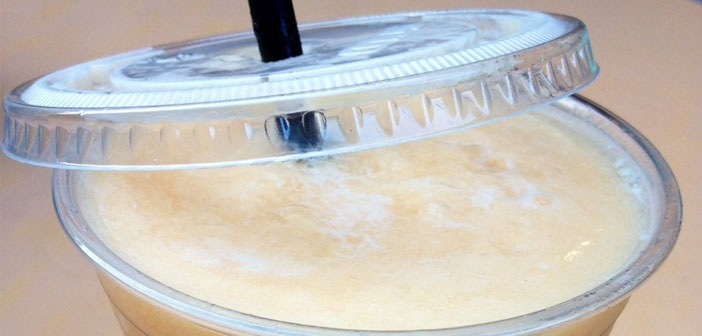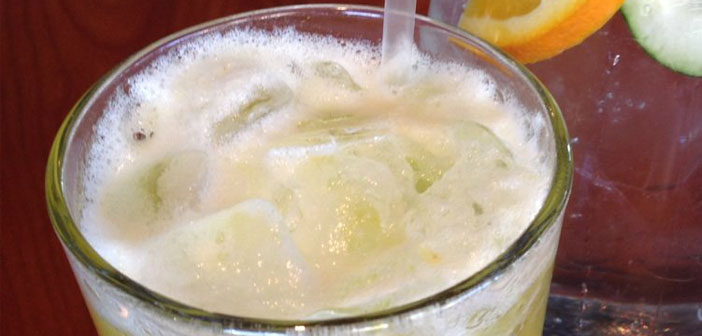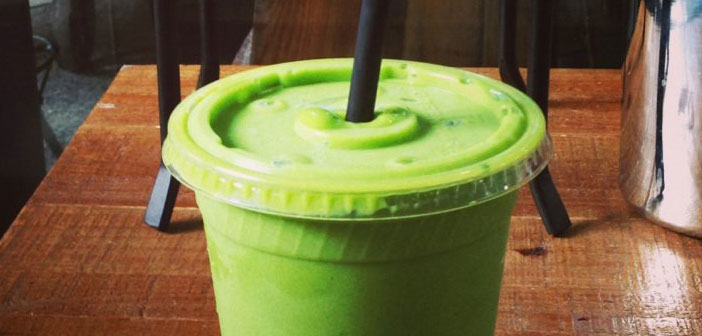How Chronic Alcohol Use Affects Your Muscles
1. Muscle Wasting and Atrophy: Chronic alcohol use can lead to muscle wasting and atrophy, resulting in a loss of muscle mass and strength. Alcohol can interfere with protein synthesis, the process by which the body builds and repairs muscle tissue. It also impairs the absorption and utilization of nutrients essential for muscle health.
2. Impaired Muscle Function: Alcohol can disrupt the normal functioning of muscles. It affects the communication between nerves and muscles, leading to impaired muscle coordination, reduced muscle power, and decreased endurance. This can impact various physical activities, from everyday tasks to athletic performance.
3. Muscle Damage: Excessive alcohol consumption can cause direct damage to muscle fibers. Alcohol can trigger an inflammatory response in the body, leading to muscle inflammation and damage. This can result in muscle pain, tenderness, and weakness.
4. Rhabdomyolysis: In severe cases of chronic alcoholism, rhabdomyolysis can occur. This is a condition characterized by the rapid breakdown of muscle tissue, leading to the release of muscle proteins into the bloodstream. Rhabdomyolysis can cause muscle pain, weakness, kidney damage, and other serious complications.
5. Vitamin Deficiencies: Chronic alcohol use can lead to deficiencies in several vitamins, including thiamine (vitamin B1), which is essential for proper muscle function. Thiamine deficiency can cause a condition called alcoholic myopathy, characterized by muscle weakness, pain, and tenderness.
6. Hormonal Imbalances: Alcohol can disrupt the production and regulation of hormones, such as testosterone and growth hormone, which play important roles in muscle growth and maintenance. Alterations in hormone levels can contribute to muscle loss and decreased muscle strength.
7. Interaction with Medications: Some medications used to treat alcohol-related problems, such as disulfiram (Antabuse), can also affect muscle function. These medications can cause muscle weakness and fatigue as side effects.
8. Impaired Muscle Recovery: Alcohol can interfere with the body's natural muscle recovery processes after exercise or physical activity. It can delay muscle repair, prolong muscle soreness, and hinder muscle growth and adaptation.
It's important to note that the extent of muscle damage and the severity of symptoms depend on several factors, including the amount and duration of alcohol consumption, individual susceptibility, and overall health. If you're concerned about the effects of alcohol on your muscles or are experiencing muscle-related symptoms, it's essential to seek medical advice and consider reducing or eliminating alcohol intake.



